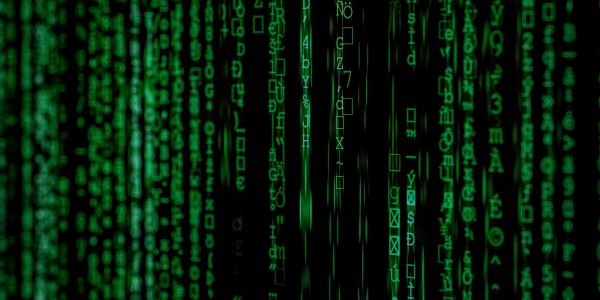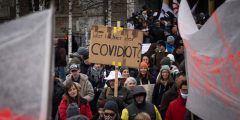Large language models, meaning and maths
July 26, 2024
I was reading an article in The Guardian about two novels by Benjamin Labatut. One novel, published in 2020, is entitled When We Cease to Understand the World and deals with quantum mechanics and war. The second novel The Maniac, published in 2023 and just out in paperback, is about John von Neumann, which brings …
Bridge or Barrier – Does generative AI contribute to more culturally inclusive higher education and research?
May 8, 2023
This post by Dr Dimitrinka Atanasova was initially posted on the LSE Impact Blog on 4 May, 2023. It is cross-posted here with permission. Dr Dimitrinka Atanasova is a Lecturer in Intercultural Communication at Lancaster University. Her research focuses on health & science communication (particularly the topics of obesity, mental health, climate change, sustainability, nitrogen …
‘It’s not a retoot is it?’ Moving between platforms and languages
November 11, 2022
The question in the title was asked by Aris Katzourakis on Mastodon, the now well-known decentralized social network built on open web standards by a non-profit. In this little post I’ll tell the story of how I came to explore a new social world, including a new language. *** I joined Twitter about a decade …
Climate change and language change
July 1, 2022
For over ten years I have now been thinking and writing about extreme weather events, especially floods and fires, and how they are verbally and visually represented in the media and beyond. Over that decade the issue of extreme weather has become increasingly topical and people no longer hesitate to discuss this topic in the …
IPCC reports, climate change and language work
September 6, 2021
This blog post is not about climate change communication. It is about what I call the ‘language work’ carried out by scientists when writing the various IPCC reports. Introduction On 9 August 2021 the first part of the Sixth Assessment Report of the Intergovernmental Panel on Climate Change, namely the Contribution of Working Group 1 …
From covidiots to vaxxies: How our pandemic language changed over a year
March 19, 2021
When the pandemic started in early 2020, I began to record some of the changes in our language that this global upheaval brought with it. The language of war was everywhere, a type of language that we are quite used to from other health emergencies. But a new language also began to emerge. We started …










